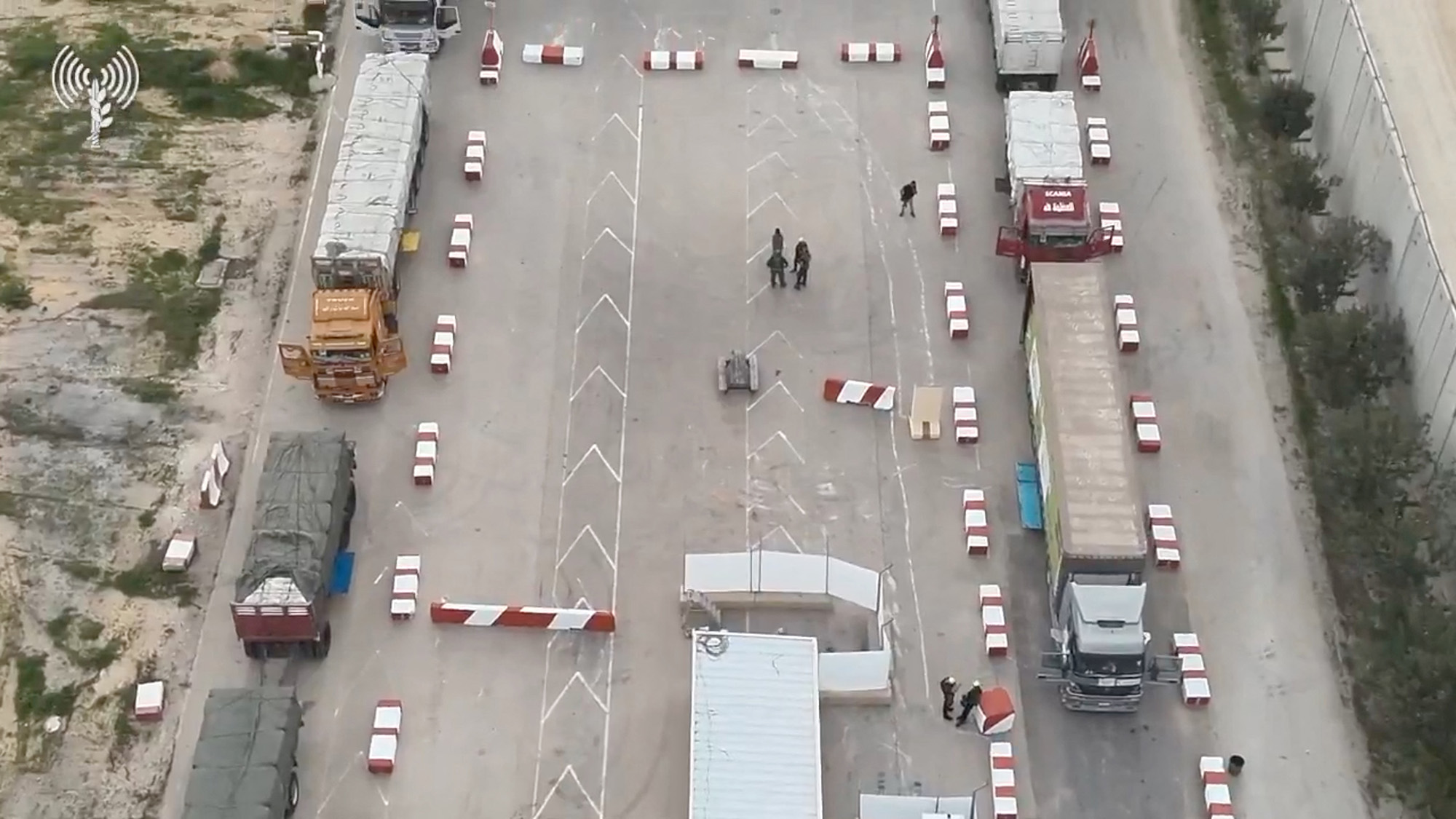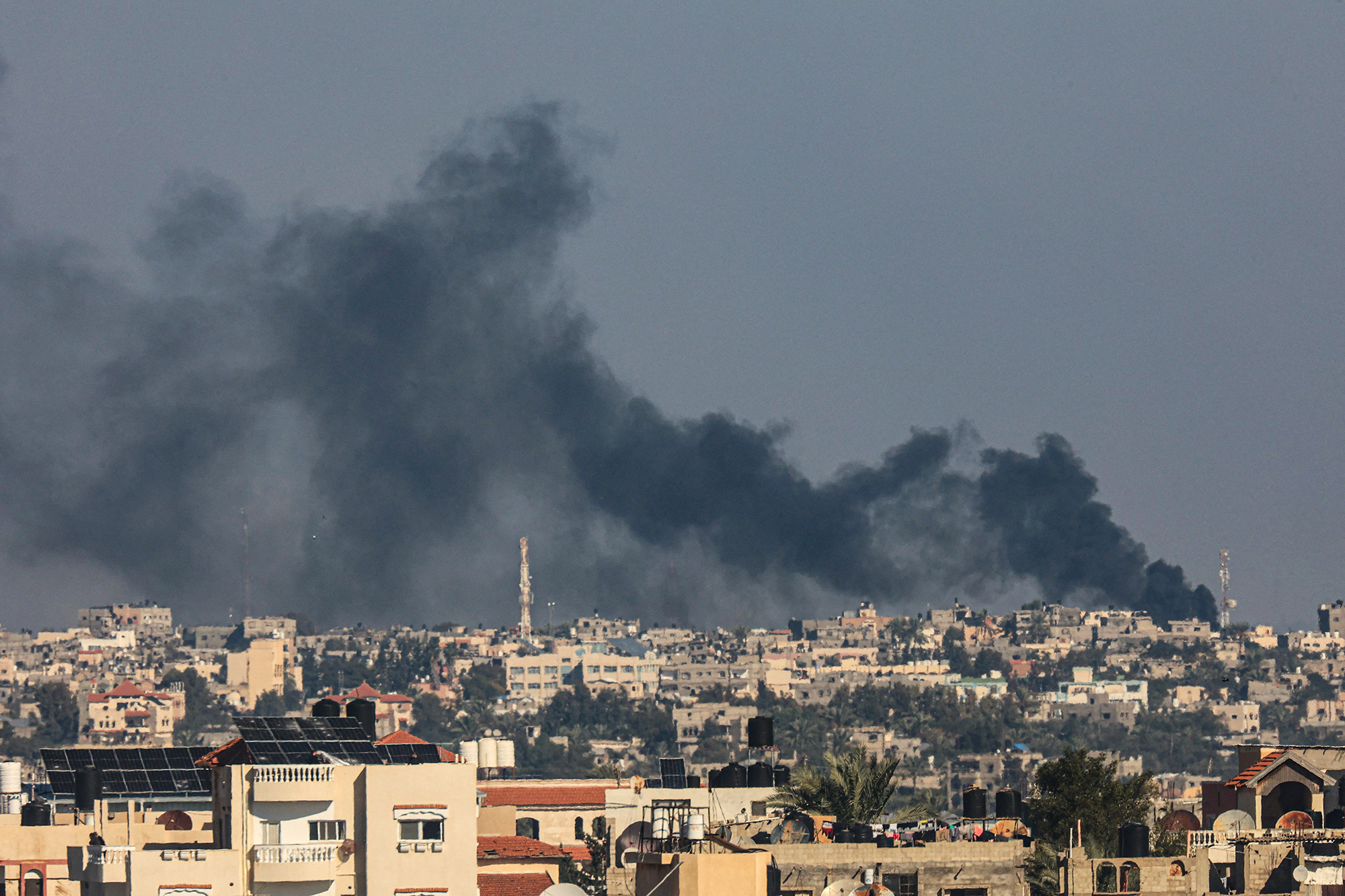Israel’s military has repeatedly attacked the US-backed Lebanese army to the north over the past two months, prompting alarm in President Joe Biden's administration and sharp rebukes from top United States officials to Israeli leadership.
The Israelis have attacked Lebanese Armed Forces positions more than 34 times since October 7, including with small arms and artillery fire, drones and helicopters, according to US officials, a regional security source, and a list of the incidents compiled by the US and reviewed by CNN.
The Biden administration has told Israel that the strikes are unacceptable, officials said. One senior US official said that the US believes at least some of those strikes have been accidental, intended instead for the powerful Iran-backed Lebanese militant group Hezbollah, which also operates along the Lebanon-Israel border and has been hitting Israeli military positions. But the intention of other strikes has been less clear, the official said, and more junior Israeli troops may not be exercising enough restraint.
The scope of the incidents, which has not been previously reported, has frustrated US officials because the US believes the LAF will need to be part of any eventual diplomatic solution between Israel and Lebanon to quiet the current violence. The US is also deeply concerned that the conflict between Israel and Hamas in Gaza could expand to the north, and US officials have been working with Israel and Lebanon to try to contain the war.
“The United States has been clear we do not want to see this conflict spread to Lebanon and we continue to urge the Israelis do all they can to be targeted and avoid civilians, civilian infrastructure, civilian farmland, the UN, and the Lebanese Armed Forces,” a spokesperson for the White House’s National Security Council told CNN. “The United States is proud of its partnership with the LAF, an essential institution, not only to the stability and security of Lebanon, but of the entire region.”
The Israel Defense Forces did not immediately respond to a request for comment.
The Lebanese military is not as strong as Hezbollah, which gets funding, training and weapons from Iran and is one of the most formidable paramilitary forces in the Middle East. But the US backing of the LAF gives Washington a partner in an active region that it can work with on a range of priorities, including counterterrorism. The senior US official noted that the LAF is popular among the Lebanese public and, while not seen as a perfect counterweight to Hezbollah, is a neutral alternative that the US believes will be an important player in any future peace settlement.
US officials believe Israel’s attacks on the Lebanese military have resulted in at least eight injuries and one death since October 7.
Keep reading about the attacks on the Lebanese military.






